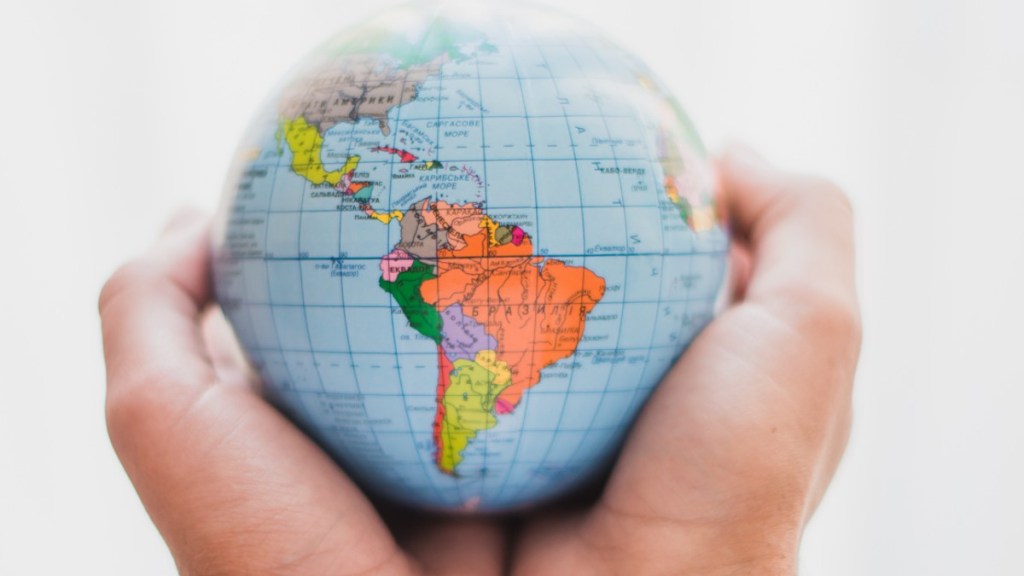Dr Aprajita Kashyap
The year 2024 would be crucial in ascertaining the position of Latin America and the Caribbean (LAC) region in international debates regarding how they could impact and find a spot in the present world order. Latin American and Caribbean states, in attempts towards diversification of traditional partners, need to explore and deepen relations with other regions traditionally outside their field of interest, like sub-Saharan Africa and Asia.
The US should expect continued challenges from Latin America and the Caribbean like migration, criminal activities and other security challenges, political polarization, resource constraints and competing international presence especially from China. In the context of siding with the US or China, former Chilean ambassador Jorge Heine and political scientists Carlos Fortín and Carlos Ominami have proposed the option of active non-alignment for the region that may constitute an imaginative and creative way out of the current conundrum.
Latin American countries collectively could be in a more powerful position within international organisations when it comes to creating global regulations related to climate change, drugs, democracy, human rights, international justice, corruption and cross-border tax evasion. With regard to renewed expectations about Brazil’s role in international politics, hosting the G20 by Brazil could be a unique opportunity to bring a regional agenda representing Latin America to the G20. Three countries of Latin America are already part of the G20: Argentina, Brazil, and Mexico, but they do not have coordinated political positions or an articulated regional identity. The question, therefore, is how, taking advantage of the Brazilian presidency, the window of opportunity could be expanded to build a Latin American agenda for the group.
Argentina under Milei has announced that it will not join the BRICS because he felt that the timing for Argentina’s membership in the bloc was not opportune. The decisions made by the previous administration had to be reviewed before taking any decision is the opinion of Milei. For Brazil, the same bloc would have different connotations. Lula’s trip to Russia for the 2024 BRICS Summit would possibly generate heated debates about Brazil’s international strategy and to prove that Russia is not so ‘isolated’ after all.
In the Venezuela-Guyana conflict, the silver lining is that the two countries have decided to keep communication channels open for negotiations. Maduro reassured that he would not invade the territory since he is mindful of the fact that any move would invite international criticism. Even the allies of Venezuela, such as Cuba or Brazil, will not be on Maduro’s side and are endorsing the use of dialogue and diplomacy. ICJ has opined that Venezuela must refrain from taking action in this dispute until the final decision is made.
In Haiti, elections are the only path and the only imperative to restore democratic institutions. Only democracy and the rule of law can form the basis from which Haiti can progress towards development and growth. Holding meaningful elections through UN intervention on the patterns of Cambodia would usher in procedural democracy. Besides, clamping a check on Ariel Henry’s power is essential given the trend of government towards authoritarianism. Stopping the flow of drugs and arms that are fuelling the violence needs attention too.
Javier Milei’s lack of executive experience and the absence of congressional backing to carry out policy changes may proliferate the risk of political turbulence in Argentina in the first half of 2024. Meanwhile, the swearing-in of Reformist Juan José Arévalo as Guatemalan President does not mean the political crisis will likely subside. He has to confront a political system with corruption embedded in the political culture. However, Arevalo, who has repeatedly defied the odds, brings in optimism among his supporters.
This year, at least five Latin American and Caribbean countries – El Salvador, Panama, the Dominican Republic, Mexico and Uruguay- will have Presidential elections. Venezuela, which held primaries in October 2023, may have a Presidential election. Potentially, 2024 may see a shift in Latin America’s electoral trends because the elections may be notable for ending the anti-incumbency wave that has swept the region in recent years. Several of the region’s most popular leaders, such as El Salvador’s Nayib Bukele and the Dominican Republic’s Luis Abinader, are running for re-election.
The LAC countries have witnessed certain changes in the economic, political and social realms and have accepted that these changes are inevitable, so they have begun to apply measures to retain their spots in the new context. The countries need to move more quickly in the direction of trade diversification, digital transformation, social inclusion and sustainable development so that they do not lag in terms of development.
The author is Faculty at Latin American Studies Programme, CCUS&LAS, SIS JNU, New Delhi.
Disclaimer: Views expressed are personal and do not reflect the official position or policy of Financial Express Online. Reproducing this content without permission is prohibited.
